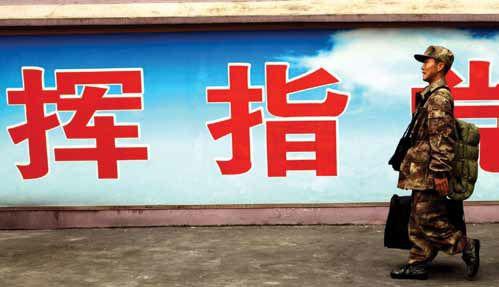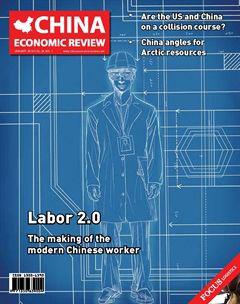Expect the unexpected
Foreign policy wonks around the world are paying close attention to the words and actions of Xi Jinping, Chinas president-to-be, for clues to the countrys future foreign policies. For example, many observers in the US took Xis warm reception of former US President Jimmy Carter in Beijing in midDecember as a good sign of his positive intentions toward the US.
But while Xi will have undeniable influence on foreign relations, the truth is that Chinese policy rests on many other actors besides the countrys paramount leader. Tensions in the South China Sea this year have demonstrated that a myriad of ministries, military leaders and lowerlevel officials often shape Chinese foreign relations, as does Chinese public opinion. One reason is that Chinas minister of foreign affairs ranks far lower than in other countries: As an ordinary member of the Communist Party Central Committee, the foreign minister holds the same rank as the more than 300 members of that body, Susan Shirk said.
One of the worlds foremost experts on US-China relations, Shirk served as deputy assistant secretary of state dur- ing the Clinton Administration. She is currently a professor at the Graduate School of International Relations and Pacific Studies at the University of California, San Diego, and a senior director of global strategy firm Albright Stonebridge Group. She is the author of several books, including “China: Fragile Superpower,”which addresses the role popular nationalism plays in shaping Chinese policy.
Shirk spoke with China Economic Review about how Chinas fragmented foreign policy can lead to sometimes unpredictable outcomes.

You directed US foreign policy toward China as part of the Clinton Administration. How have you seen Chinese foreign policy evolve since then?
Today, Chinas interests and international engagements have expanded beyond the Asia-Pacific neighborhood to Latin America, Africa, the Middle East – basically every part of the world. So Chinese foreign policy is more globalized than it was at that time. And China is still in the process of trying to figure out, beyond its economic interests, what kind of role it wants to play in those regions and the world. Theyre making it up as they go along. I dont think this is something that Deng Xiaoping necessarily envisioned. I think China remains torn between its traditional principles of non-intervention and the fact that it has a lot at stake in all of these situations. For example, China is really more dependent on oil from the Middle East and the Persian Gulf than the United States is. I think it feels crosspressured to play some kind of role but still reluctant to risk its reputation in circumstances where there is a very uncertain outcome.

